The secret to a healthy lifestyle isn’t just exercise—it’s also what you’re eating. The nearly $14 billion weight-loss market demonstrates just how many of us could use a little help in that area, and where AI can excel.
If you’re like most people, the question of what’s for dinner is met with dread at the end of a workday. If you’re also trying to lose a few pounds or adhere to the keto diet, or you have a houseful of picky eaters, trying to plan healthy meals that meet everyone’s requirements can feel like trying to wage peace between warring countries.
How AI is revolutionizing the meal-planning
Enter Beyoncé. Yes, the Queen Bey herself is using AI to help her fans eat the kinds of vegan meals she eats. With the help of health and wellness guru Marco Borges, Beyoncé and Jay-Z launched a meal-planning app to help users with grocery shopping, recipes, and cooking instructions. It’s like a one-stop app for everything food, personalized to the user’s preferences. Don’t have time to cook large meals during the week but like to experiment on the weekend? Have someone in the household with nut allergies? No problem for this AI-enhanced platform that learns what works for you over time.
While Beyoncé and Jay-Z may be among the most famous to enter the health and wellness arena, they have many competitors, each aiming to help you by making the eating (and shopping and menu planning) part of your weight loss or the healthy eating journey simpler. Heali is a recently launched app that takes AI meal planning one step further. Designed to accommodate thirty different diets, the app also helps users identify possible allergic triggers or ingredients that can make a condition worse, through natural language processing of nutritional labels and menu items. That’s a big help to those of us who have a hard time decoding some of the ingredients on food labels.
Many people use age or event milestones to spur them to eat healthier or get into better shape. In the early 2000s, Mike Lee and his then-fiancée sought the help of a fitness trainer to help them get ready for their upcoming beach wedding. The trainer recommended tracking the number of calories the pair ate daily. At that time, there were no helpful apps to log in meals, so the two had to do it the old-fashioned way—with paper and pencil. Lee decided that there needed to be a better way to track foods and their nutritional content, and in September 2005, the MyFitnessPal website was launched.
Smarter, personalized tracking
Meal tracking is the foundation of many weight loss and healthy lifestyle plans, including Weight Watchers and Noom. The goal is to have users be more mindful of what they are eating; if you pay more attention to every morsel you put in your mouth, you might make better choices in terms of the amounts or kinds of foods you eat. It’s a pretty basic concept, but if you’ve ever tried actually recording literally every piece of food, it can be overwhelming. How can you accurately track your calories or portion size when eating out? And what about recipes you make at home? How do you make sure the nutritional content is right?
This is where apps like MyFitnessPal or FitGenie excel—by making it easier than ever to track your food intake, down to your macros. Many apps now have extensive databases of verified nutritional content, even for restaurant chains, so you can stay on track even when eating out. What’s more, these apps are using AI to make the process even easier, by letting you take a picture of your plate and instantly calculating the calorie and nutrition content.
Simply point and click and you might find that your dinner plate is a healthy balance of nutrients and clocks in at 725 calories, or maybe that after dinner banana split is a whopping 1,200 calories. By giving users the information without judgment (after all, what if you ran a marathon that day and the banana split fits nicely into your calorie budget?), you can decide if you want to cut your portion size down, add more fruits and vegetables, or indulge in a once-in-a-while treat.
In conclusion
Though you don’t need an app to track calories, and meal planning or grocery shopping can be done without the aid of a website, the popularity of these tools shows how useful they are—especially for folks without a lot of time or energy to devote to the tasks in the first place.
Like many AI- and machine-learning-based systems, the more data and better training they obtain, the more beneficial people will find them. So in the future, the answer to what’s for dinner won’t fill you with dread—the answer will be tailored to you, based on the day of the week, the foods you like, and what you already have in the pantry‚ and it will be at your fingertips.
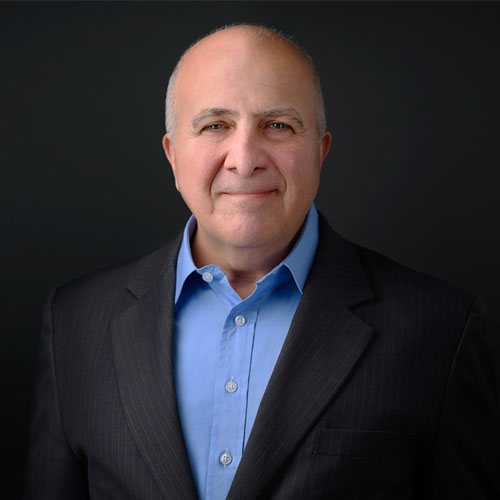
Harry is a global business expert, healthcare entrepreneur, podcaster, and author of The Future You: How Artificial Intelligence Can Help You Get Healthier, Stress Less, and Live Longer. He has addressed the National Institutes of Health, Molecular Medicine Tri-Conference, World Theranostics Congress, and other audiences, worldwide. Visit https://glorikian.com/ for more information.





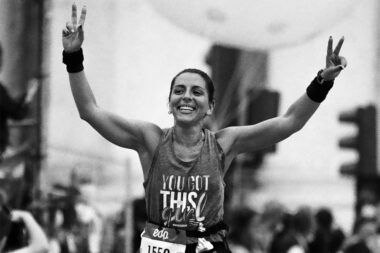






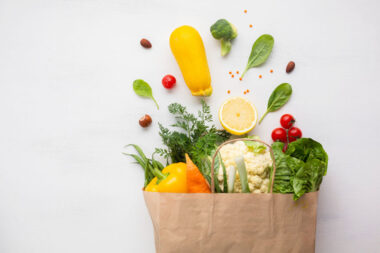


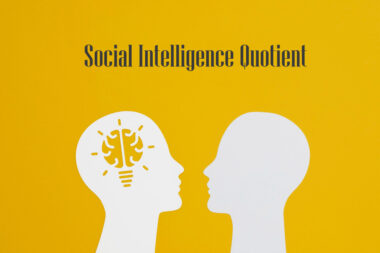



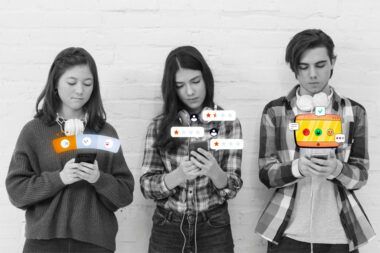







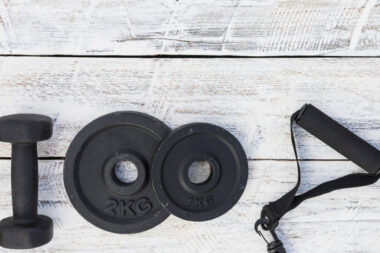

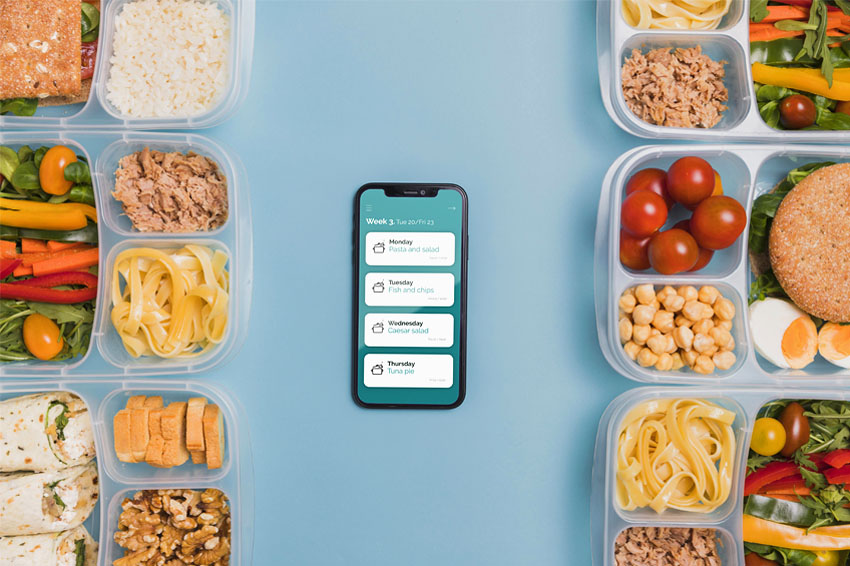









Leave a Reply